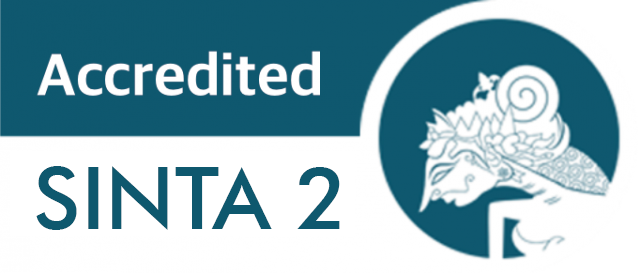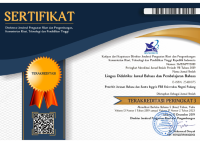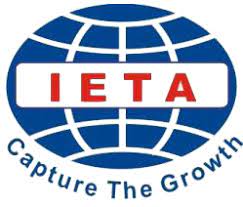Teaching Writing for L2 writers in Indonesia and Teaching Writing for L1 writers in the U.S : A Reflection of An Indonesian Graduate Teaching Assistant in First-Year Composition course
 ),
), (1) Arizona State University
 Corresponding Author
Corresponding Author
Copyright (c) 2024 Lingua Didaktika: Jurnal Bahasa dan Pembelajaran Bahasa
DOI : https://doi.org/10.24036/ld.v18i1.126148
Full Text:
 Language : en
Language : en
Abstract
Keywords
References
Brewer, M. (2020). Conceptions of literacy: Graduate instructors and the teaching of first-year composition. University Press of Colorado.
Clandinin, D. J. (2006a). Handbook of narrative inquiry: Mapping a methodology. Sage Publications.
Clandinin, D. J. (2006b). Narrative inquiry: A methodology for studying lived experience. Research Studies in Music Education, 27(1), 44–54.
Ghimire, A., & Wright, E. (2021). FYC’s Unrealized NNEST Egg: Why Non-Native English Speaking Teachers belong in the First-Year Composition Classroom. Academic Labor: Research and Artistry, 5(1), 6.
Hartono, R. (2016). Indonesian EFL teachers’ perceptions and experiences of professional development. Indiana University of Pennsylvania.
Irmawati, D. K. (2014). Models of TEFL teachers’ professional development. TEFLIN International Conference, Solo, Indonesia.
Karim, S. A., Sulistyo, G. H., Rachmajanti, S., & Suryati, N. (2020). Exploring EFL teachers’ beliefs about English language learning and teaching: Evidence from Indonesia context. Asian EFL Journal, 27(2.3), 227–246.
Liu, J. (2005). Chinese graduate teaching assistants teaching freshman composition to native English speaking students. In Non-native language teachers: Perceptions, challenges and contributions to the profession (pp. 155–177). Springer.
Loughran, J. (2013). Developing a pedagogy of teacher education: Understanding teaching & learning about teaching. Routledge.
Munandar, M. I., & Newton, J. (2021). Indonesian EFL teachers’ pedagogic beliefs and classroom practices regarding culture and interculturality. Language and Intercultural Communication, 21(2), 158–173.
Nabilla, B. D., & Sutrisno, D. B. (2023). “I am NNEST and I am proud”: Narrative Exploration of ESL Teacher Identity Construction. ELE Reviews: English Language Education Reviews, 3(1), 1–16.
Saputra, D. B., Suherdi, D., & Rodliyah, R. S. (2020). REFLECTIVE PRACTICE AS TOOLS TO EXPLORE IN-SERVICE TEACHERS’BELIEFS AND CLASSROOM PRACTICES: INDONESIAN EFL TEACHERS’VOICES. JOALL (Journal of Applied Linguistics and Literature), 5(2), 174–192.
Smagorinsky, P. (2010). The culture of learning to teach: The self-perpetuating cycle of conservative schooling. Teacher Education Quarterly, 37(2), 19–31.
Sulistiyo, U. (2016). English language teaching and EFL teacher competence in Indonesia. Proceedings of ISELT FBS Universitas Negeri Padang, 4(2), 396–406.
Tan, X., & Matsuda, P. K. (2020). Teacher beliefs and pedagogical practices of integrating multimodality into first-year composition. Computers and Composition, 58, 102614.
Wisniewski, C. A. (2014). Graduate teaching assistants’ development of expertise in teaching first-year composition.
Wulyani, A. N., Elgort, I., & Coxhead, A. (2019). Exploring EFL teachers’ English language proficiency: Lessons from Indonesia.
 Article Metrics
Article Metrics
 Abstract Views : 177 times
Abstract Views : 177 times
 PDF Downloaded : 40 times
PDF Downloaded : 40 times
Refbacks
- There are currently no refbacks.
Copyright (c) 2024 Lingua Didaktika: Jurnal Bahasa dan Pembelajaran Bahasa

This work is licensed under a Creative Commons Attribution-NonCommercial 4.0 International License.









